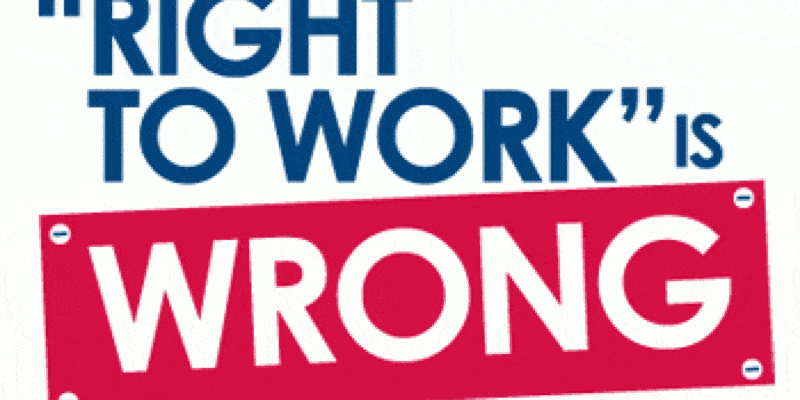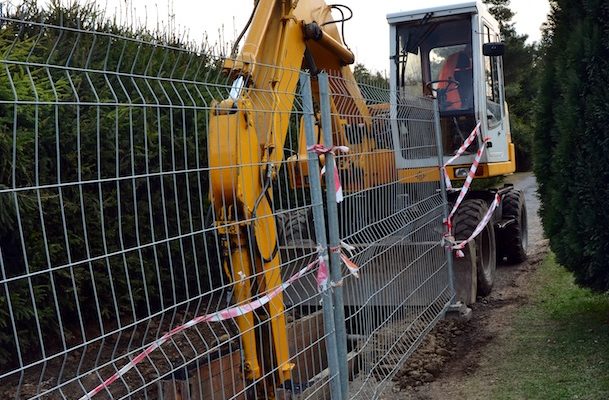By Heather Yakin
Posted Oct 17, 2019 at 6:22 PMUpdated Oct 17, 2019 at 7:55 PM
NEWBURGH – The battle against wage theft and other labor-related crimes is going regional, prosecutors and labor leaders said Thursday at Montefiore St. Luke’s Cornwall Hospital in Newburgh.
Orange County District Attorney David Hoovler ticked off some of the categories: prevailing wage fraud, failure to provide insurance or worker’s compensation, misclassifying workers in order to underpay them. Unscrupulous contractors who use those tactics can underbid ethical companies, putting the ethical people at a disadvantage, Hoovler said.
So when public works projects are put out to bid, he said, “I feel it’s my job to make sure local contractors, local bidders and local workers get a fair shake,” and to make sure workers get the right compensation and the employers pay their fair share of taxes.
According to the New York State Labor Department, in 2018 more than $35.3 million in fraudulently obtained money was returned to about 35,000 workers who had been the victims of wage theft or public work violations.
An undocumented worker who gets paid the wrong amount can’t seek help, said Alan Seidman, executive director of the Construction Contractors Association. And when an employer skimps on or skips insurance or worker’s compensation and an uninsured worker gets hurt on the job, taxpayers foot the medical bills.
Seidman talked about a case from about three years ago, on a project in the Town of Montgomery where an out-of-state contractor won the bid.
“A non-union ironworker from out of state, making probably $14 or $15 per hour, fell and ended up with a broken bone in his back,” Seidman said. “No one knew until he was wheeled in (to the hospital) that he had no insurance.”
The contractor fired the worker the same morning.
Hoovler said his goal is not necessarily to prosecute the offenders, some of whom aren’t aware of New York’s Labor Law requirements.
“We try to educate first, prosecute second, and ultimately get compliance,” he said. Wage theft, however, is a zero-tolerance matter.









